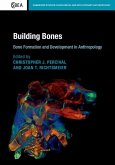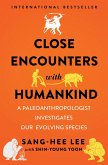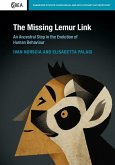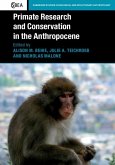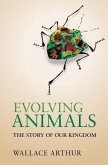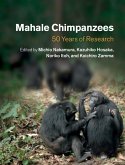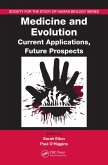While most of us live our lives according to the working week, we did not evolve to be bound by industrial schedules, nor did the food we eat. Despite this, we eat the products of industrialization and often suffer as a consequence. This book considers aspects of changing human nutrition from evolutionary and social perspectives. It considers what a 'natural' human diet might be, how it has been shaped across evolutionary time and how we have adapted to changing food availability. The transition from hunter-gatherer and the rise of agriculture through to the industrialisation and globalisation of diet are explored. Far from being adapted to a 'Stone Age' diet, humans can consume a vast range of foodstuffs. However, being able to eat anything does not mean that we should eat everything, and therefore engagement with the evolutionary underpinnings of diet and factors influencing it are key to better public health practice.
Dieser Download kann aus rechtlichen Gründen nur mit Rechnungsadresse in A, B, BG, CY, CZ, D, DK, EW, E, FIN, F, GR, HR, H, IRL, I, LT, L, LR, M, NL, PL, P, R, S, SLO, SK ausgeliefert werden.



